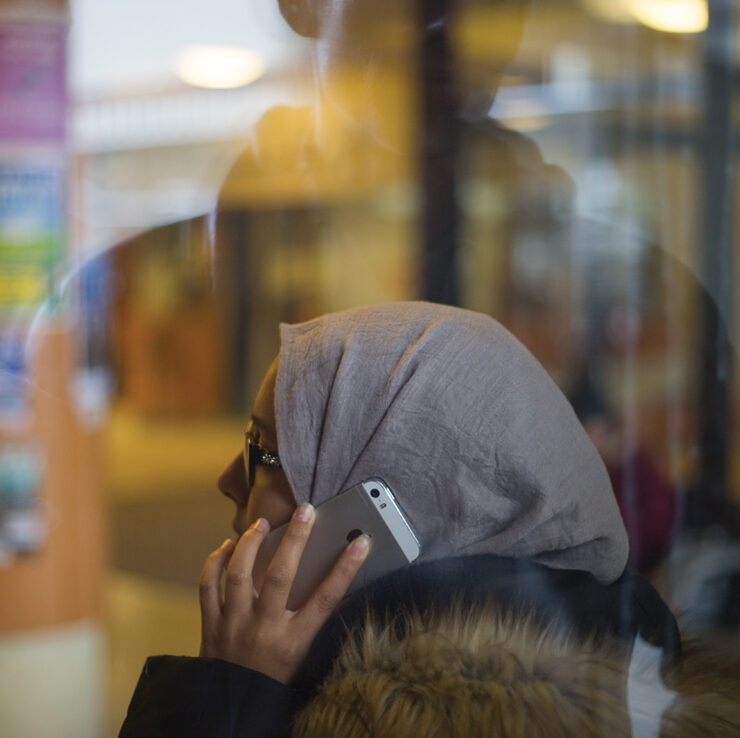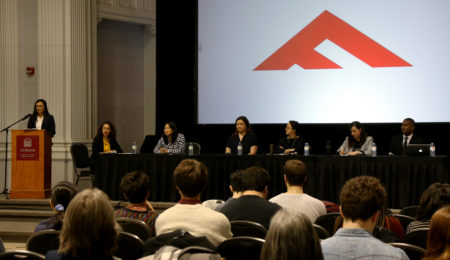Journalists should be expected to reach out to sources
A journalist was recently arrested for being a journalist.
Is that a hyperbolic oversimplification of a nuanced and complicated Radio-Canada case? Yes and no. The case is at once both a catalyst for important legal questions, and an example of an arrest that was completely unnecessary.
Radio-Canada reporter Antoine Trepanier was arrested for allegedly ‘harassing’ Yvonne Dube, after investigating the allegation that Dube had been illegally practicing law. After reaching out to her via email two times and calling her once, Dube notified the police that she felt her safety was threatened and that Trepanier was harassing her. Trepanier was subsequently arrested.
If you look at these facts of the case, it seems like a journalist was arrested for simply being a journalist. Though no charges have yet been filed, the arrest itself is questionable.
On the one hand, we have to expect police to take harassment allegations seriously. The police cannot conduct a preliminary investigation to determine if every single allegation is reasonable. If that was the standard, then many concerns for safety would go unheeded. However, this is clearly a case where the arrest shouldn’t have happened in the first place.
It’s easy to point out the absurdity of the arrest after the meager amount of attempts at communication by the journalist. But the key there is hindsight. When an allegation is made, police don’t have this same hindsight. All they know is that Person A says they are scared of and being harassed by Person B. Given those conditions, the police are justified in acting immediately. Yet, despite the police’s actions being abstractly justified, the facts of this case reveal its absurdity. After all, Dube’s ‘evidence’ of criminal harassment include two emails and a phone call.
But this raises only yet another question.
In the aftermath of the arrest we have the relevant facts of the case which enable us to conclude that the arrest was unwarranted. Given the unwarranted arrest, intuition would dictate that the arrest shouldn’t have happened in the first place. But clearly, there are many concerns for safety where the ‘aftermath’ is something that we can’t wait for.
Instead of villainizing Dube and the overzealous police department, we have to ask ourselves if Trepanier’s behaviour was reasonable. Obviously, it was.
Firstly, a journalist has to reach out to the relevant parties in a story. So the idea that a journalist was arrested for attempting to communicate with someone he was reporting on is troublesome. Moreover, Trepanier isn’t some rogue vigilante. He is a credible journalist who works for a credible institution. But does that exonerate Trepanier from harassment allegations? Should there be a different harassment standard for reporters?
It seems ridiculous, but it is also thought-provoking. The absurd facts of the case reveal the insufficient means that we have to deal with harassment allegations. Clearly, Trepanier’s arrest was unwarranted. But if an allegation isn’t enough to warrant police intervention, then what is?





